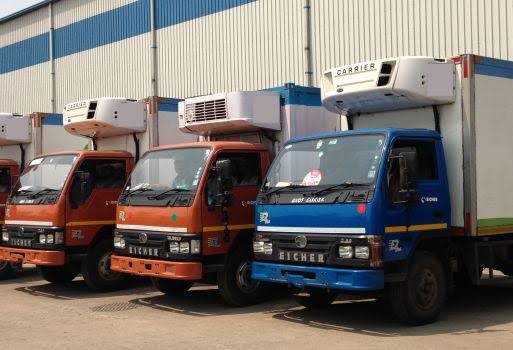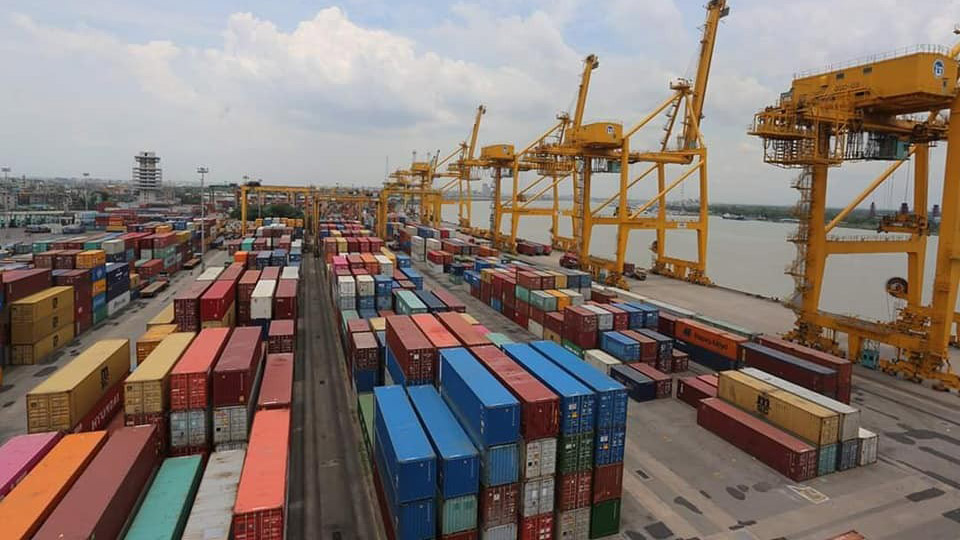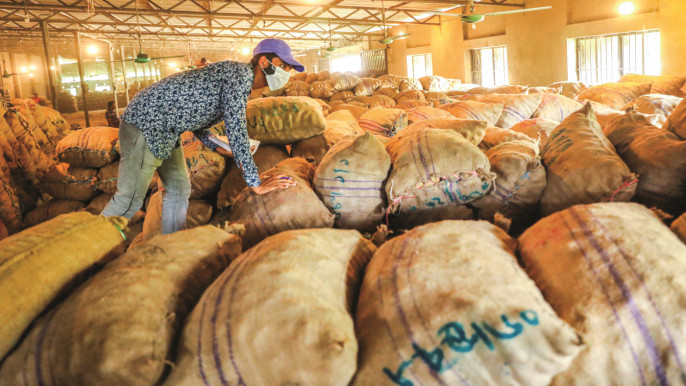

Example: ClimatePulse can enable companies like PRAN to use temperature-triggered logistics rerouting based on real-time weather forecasts, which may help reduce losses by up to 17% through better preservation and timely delivery.


Use Cases:

Predictive Climate Routing: Weather data can predict extreme conditions (like heat or cold) along delivery routes, preventing spoilage and ensuring temperature compliance throughout the journey.

Real-Time Alerts: Fleet managers are alerted about potential heat stress or cold-chain risks, allowing quick corrective action to maintain product integrity.

Integration with Logistics Systems: Fleet management platforms can automatically adjust routes and cooling mechanisms based on weather data.

Smart Reefer Operations: Predictive analytics have reduced pre-trip inspections from 6 hours to 12 minutes, drastically improving operational efficiency.
